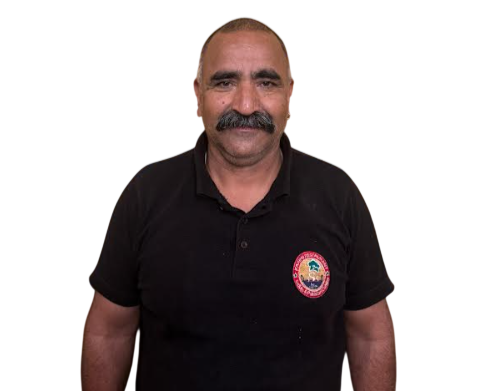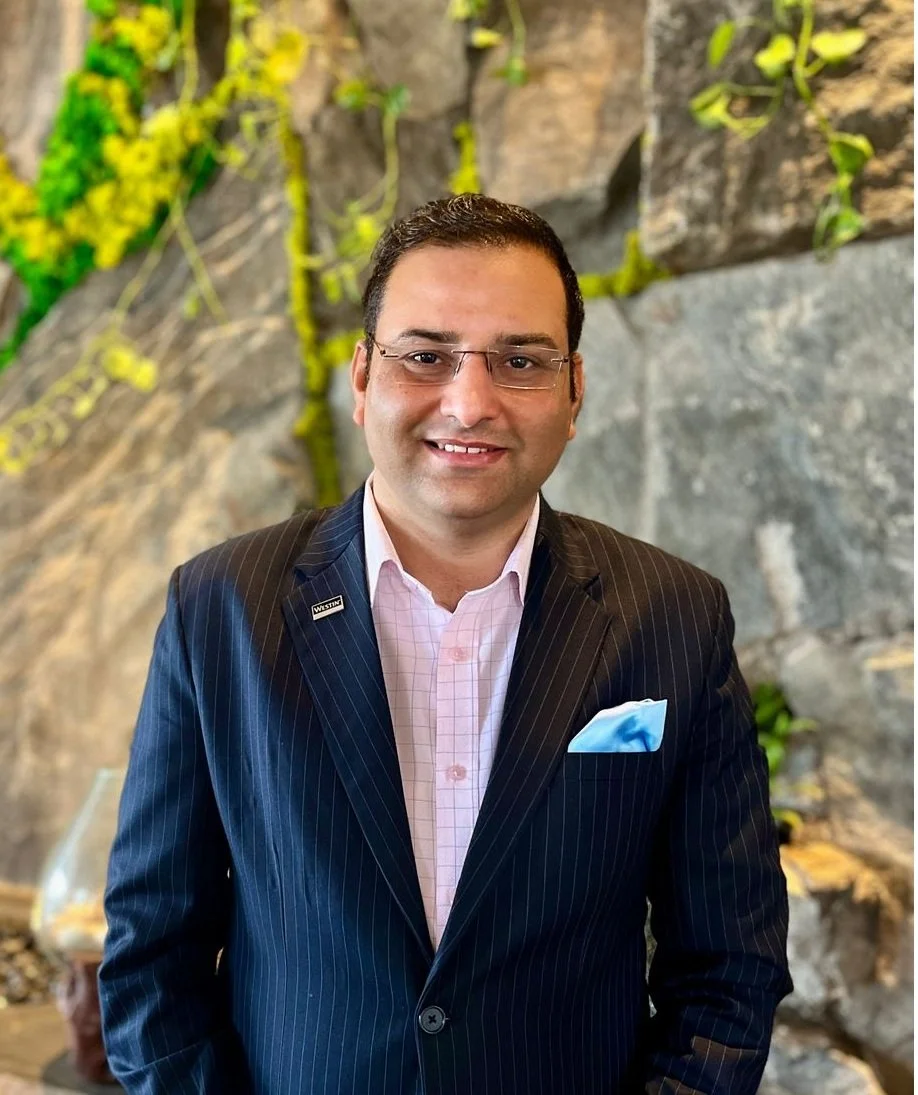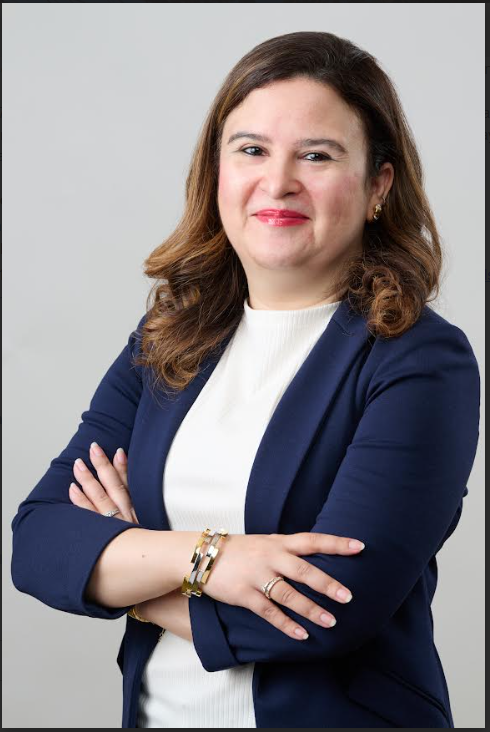Exclusive Interview | Manisha Sharma, General Manager, Renaissance Bengaluru Race Course Hotel
/“At Marriott, we strongly believe that inclusive hiring is the need of the hour and walking this talk, an all-women team opened The Westin Hyderabad Hitec City earlier this year. ”
How do you envision actively addressing and challenging gender disparity within the industry, and what steps do you believe are crucial for fostering greater inclusivity and equality?
Hospitality is one of the industries where women are employed in substantial numbers and the industry is constantly emphasizing gender parity. Though the status of gender equality has improved over time, it still needs more attention. The industry still needs to focus on equal opportunities for women at work. Conventional gender-based job roles are the barriers for women’s career growth.
What do you feel is the impact of educational initiatives and skill development programs in empowering women to participate in the hospitality sector.
Programs for women looking to work in hospitality and tourism should include training and skill development, as well as initiatives to support and promote women returning to the workforce following maternity leaves. Mentorship and sponsorship programs can be established to offer women opportunities for networking, support, and direction. Alongside providing guidance on leadership development and communication skills, experience female leaders can help younger women navigate their career paths and overcome obstacles.
How do we redefine stereotypes and change perceptions?
We have all questioned the irony in how most executive chefs are male and yet their first teacher or inspiration is their mom or grandmom. The gender stereotypes associated with women in hospitality is associated with the role that women are seen as playing in the industry. The most common barrier to women in leadership roles in hospitality focuses on the assumption that family and household responsibilities hold a higher priority, and that a woman would have to sacrifice her career to take care of her family.
Further, the perception that work-life balance is impossible in hospitality due to long shifts and unusual shift timings as well as the pressure to work on weekends or festivals, which does not sit well with Indian women in the traditional set-up. These things are changing with a growing number of women in leadership positions as hotel GMs and even in above-property roles in India. These dynamic leaders serve as role models to young girls joining the workforce as well as to others in the industry who are now able to envision an alternate future.
At Marriott, we strongly believe that inclusive hiring is the need of the hour and walking this talk, an all-women team opened The Westin Hyderabad Hitec City earlier this year. Marriott, South Asia, led by Ranju Alex, Area Vice President at Marriott International is defying all stereotypes, and women are helming even the conventionally male-dominated Security & Engineering departments.
How can companies foster a safe workspaces and inclusivity?
Over the past few years, there has been remarkable progress with companies actively promoting gender equality and supporting growth of women in the workplace. While hotels have always been pioneers in hiring women to strike gender equality in the work force, we must continue to strive for improvement. With more development trainings available at hotels, women are getting the chance to improve and grow within their preferred departments, as well plan their overall career growth.
The support system to retain female employees includes implementing family-friendly policies, such as paid parental leave, childcare support, lactation room, a crèche facility and flexible hours at work.
Needless to say, we must ensure that every employee is treated with immense respect and equal shift timings, equal pay, employee benefits, etc. should be made available to all. Further, employee resource groups can help create a sense of community and provide a platform for shared experiences as well as stand as advocates for the female workforce. A zero-tolerance approach is critical when it comes to harassment. A safe work environment would ensure wellbeing and also make women feel empowered.






